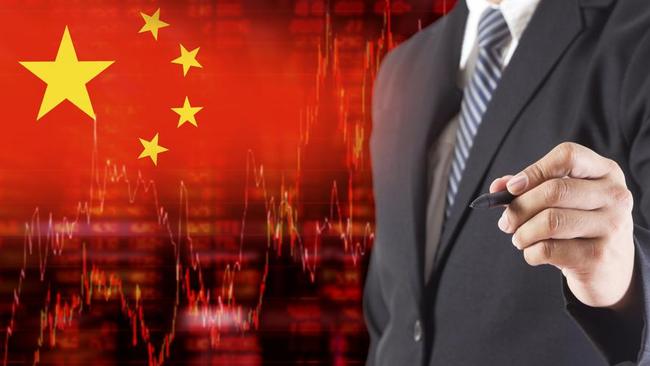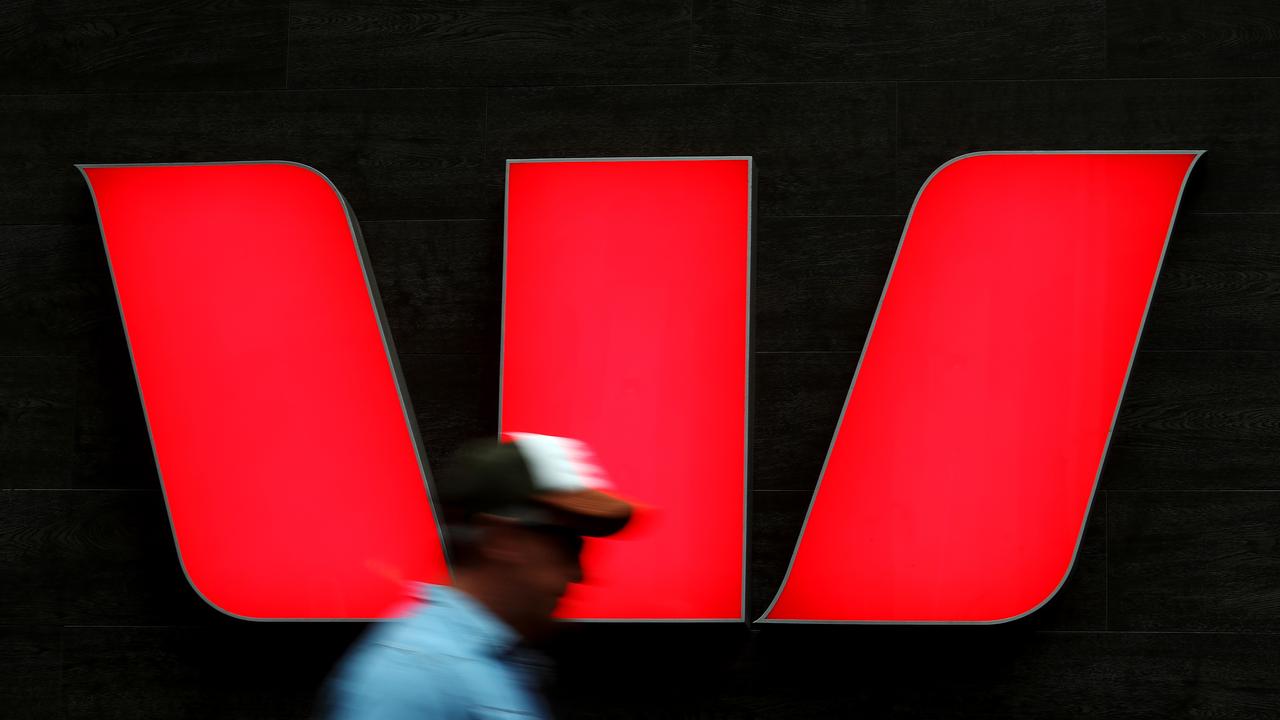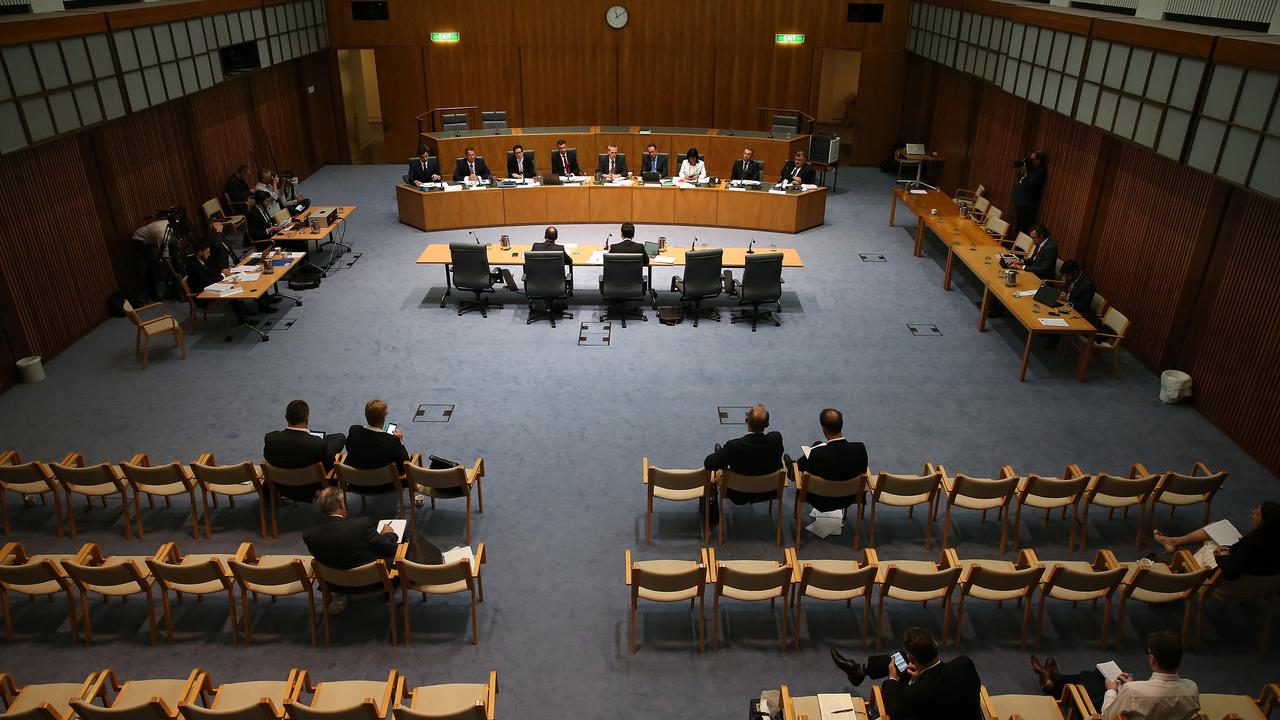
Around the world China is flexing its economic and defence muscle, so doing deals with Chinese state-owned enterprises is high on the priority lists of many companies.
And that’s as it should be.
But the strange story of Stonewall Resources and its dealings with a Chinese state-owned enterprise is a reminder that the western and eastern cultures are very different and that there needs to be an arbitration procedure that both sides agree on.
I relayed to readers the strange Stonewall Resources story about a year ago but at that stage the saga had not reached its conclusion.
Now this week the Hong Kong International Arbitration Centre has made a ruling, which effectively ends the saga, but the lessons should not be forgotten.
The Stonewall story starts in South Africa where it is difficult to get the right exploration and mining approvals, particularly when they are in the vicinity of the Kruger National Park. But a group of South African entrepreneurs managed this feat some years ago and put together a package of approved gold tenements and a plan to produce over 200,000 ounces of gold.
To help them, a series of Chinese investors backed the project on condition that it be listed in Australia. Stonewall Resources was listed during the 2012 gold boom and the shares surged to give Stonewall a market capitalisation of $100 million.
Former BHP executive Dave Murray became chairman.
There was great excitement at Stonewall when a Chinese state enterprise, Shandong Qixing Iron Tower (a listed offshoot of the Qixing Group), made a $US140m takeover bid for the Stonewall gold assets but not the listed company.
Directors and major shareholders quickly said “yes” and saw a big profit.
But gaining approvals in South Africa, Australia and China took almost a year---it was far too long.
By that time the gold boom had ended and the Chinese state-owned enterprise had encountered hard times, made worse because money had disappeared from the enterprise in controversial circumstances.
The state-owned enterprise refused to go ahead but Stonewall believed they were locked in and eventually the dispute went before the Hong Kong International Arbitration Centre, whose rulings are enforceable in China by Chinese courts.
During the long delay Stonewall shares were decimated and at low prices interests linked or friendly to Tasman Funds Management, headed by Eric Zhang, acquired around a third of the company, helping it raise capital and fund the arbitration.
In a complex settlement the arbitrator agreed that the state-owned enterprise was indeed locked in and that the project was worth $US127.5 million as at November 2014 — way above the current market.
But the final sum was less than what had been hoped for.
Stonewall owned only three quarters of the deposit, the arbitrator did the calculations in ways that were less favourable to Stonewall, there were big funding costs etc and so the listed Australian company walks away with only $10 million, but that is better than nothing.
It has debts to groups linked to shareholders of about $6 million.
But the gold projects can now be funded on a resource basis and the group is set to rise $US 10 million to enter into a far less expensive project based on the higher grade pre-mined residue ore. It is targeting an output of 25,000 ounces by 2017--- a fraction of the original plan.
Chinese state-owned enterprise takeovers are no longer in the agenda.




